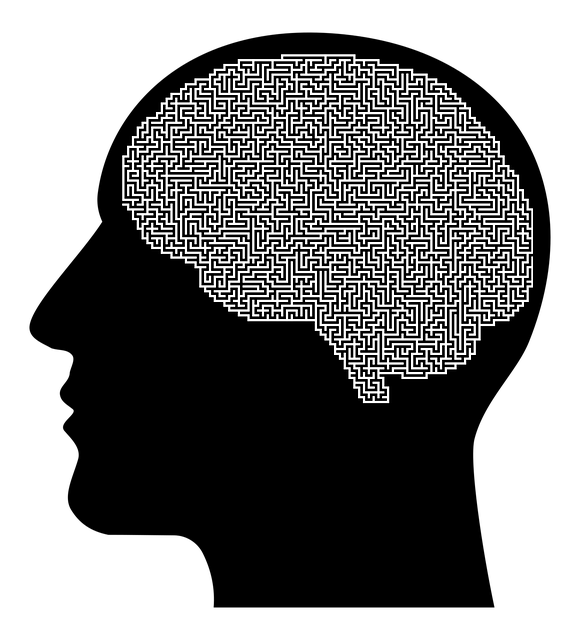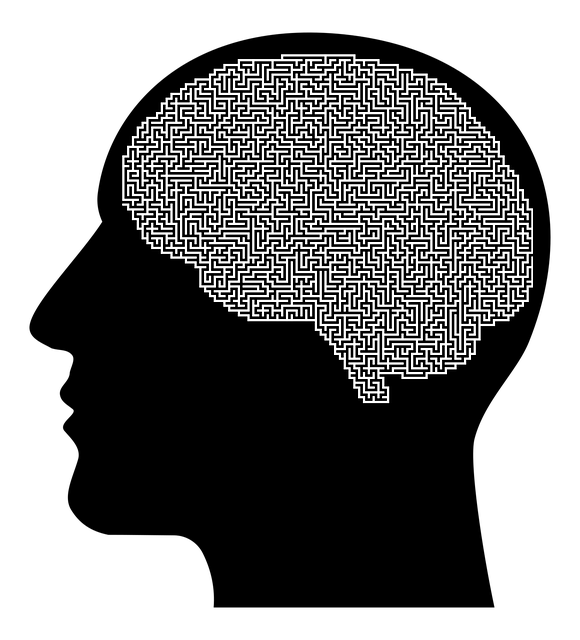Wheat Ridge Children's Therapy equips mental health professionals with crucial crisis intervention skills to offer immediate support to distressed young individuals. Through comprehensive risk assessments and tailored plans, therapists mitigate dangers while promoting positive outcomes. The therapy prioritizes open communication in safe environments, building trust, and assessing risks like self-harm and suicide ideation. Individualized interventions focus on conflict resolution, self-esteem improvement, and long-term mental wellness coaching for each child's unique needs.
At Wheat Ridge Children’s Therapy, crisis intervention strategies are a cornerstone of our support for young individuals facing emotional or behavioral challenges. This guide offers a comprehensive overview designed to help parents, caregivers, and therapists navigate crises effectively. From understanding the fundamentals of crisis intervention to assessing safety and implementing therapeutic approaches tailored for children, we provide practical insights based on expertise at Wheat Ridge Children’s Therapy.
- Understanding Crisis Intervention: A Brief Overview for Wheat Ridge Children's Therapy
- Assessment and Safety: The First Steps in Crisis Intervention
- Therapeutic Approaches: Effective Strategies for Supporting Children in Crisis at Wheat Ridge Children's Therapy
Understanding Crisis Intervention: A Brief Overview for Wheat Ridge Children's Therapy

Crisis intervention is a critical skill for mental health professionals, especially those at Wheat Ridge Children’s Therapy, who often deal with young individuals in distress. It involves providing immediate and effective support to help individuals cope with overwhelming situations and prevent further deterioration or harmful behaviors. Understanding crisis intervention strategies is essential for navigating the complexities of a child’s emotional turmoil and ensuring their safety and well-being.
At Wheat Ridge Children’s Therapy, professionals are trained to assess risk factors during a crisis, employing a comprehensive Risk Assessment for Mental Health Professionals. This process involves gathering information about the client’s history, current circumstances, and potential triggers. By implementing robust Risk Management Planning, therapists can create tailored interventions to mitigate risks and promote positive outcomes. Moreover, fostering healthy self-care practices among both professionals and clients is integral to preventing crises and supporting long-term mental health.
Assessment and Safety: The First Steps in Crisis Intervention

When approaching a crisis situation, especially involving children and adolescents, the initial focus should be on assessment and ensuring safety. This critical phase sets the foundation for effective intervention at Wheat Ridge Children’s Therapy. Professionals must carefully evaluate the individual’s state of mind, immediate surroundings, and potential risks to determine the best course of action. During this process, it’s vital to create a safe and supportive environment that encourages open communication, fostering a sense of trust and calm.
Assessing risk factors, such as self-harm or suicide ideation, is an essential aspect of crisis intervention. Identifying signs of distress and understanding the underlying causes require skilled professionals who can implement strategies tailored to each client’s unique needs. Moreover, this initial stage involves risk management planning, which plays a significant role in mental health therapy, helping individuals build resilience and cope with future challenges while boosting self-esteem and confidence.
Therapeutic Approaches: Effective Strategies for Supporting Children in Crisis at Wheat Ridge Children's Therapy

At Wheat Ridge Children’s Therapy, we believe that crisis intervention strategies must be tailored to meet the unique needs of each child. Our therapeutic approaches focus on creating a safe and supportive environment where children can express their emotions freely. One effective strategy is mental wellness coaching, which empowers kids to develop coping mechanisms and enhance their problem-solving skills. This approach not only addresses the immediate crisis but also fosters long-term mental wellness.
Additionally, we incorporate conflict resolution techniques into our therapy sessions to help children navigate interpersonal challenges. By teaching them effective communication and negotiation skills, we enable them to manage conflicts constructively. Furthermore, self-esteem improvement is a key component of our interventions. We utilize various therapeutic modalities to help children build resilience, confidence, and a positive self-image, which are crucial for overcoming crises and achieving personal growth.
In conclusion, crisis intervention strategies guided by Wheat Ridge Children’s Therapy offer a comprehensive approach to supporting young individuals in their time of need. By understanding crisis interventions, assessing safety, and employing effective therapeutic techniques, professionals at Wheat Ridge Children’s Therapy foster resilience and promote positive outcomes for children facing crises. These evidence-based practices ensure that each child receives tailored support, enabling them to navigate challenging situations and emerge with enhanced coping skills.














